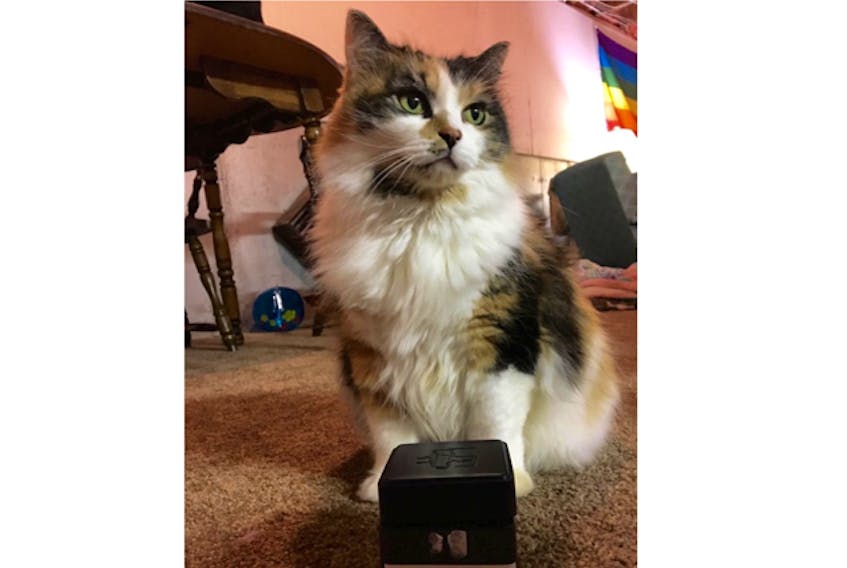TRURO, N.S.
Dr. Gwen Mowbray-Cashen is both concerned and excited about what cannabis could mean for pets in the future.
The Truro vet is aware of the dangers the drug can cause, but she looks forward to its possible uses in veterinary medicine.
“Our biggest concern is, with stigma removed it’ll be more out in the open, meaning animals will have more access to it,” she said.
“In Denver, there was a large increase in dogs eating cannabis after it was legalized.”
Pets will eat marijuana, and dogs are also drawn to edibles. If the edibles contain chocolate or Xylitol, these ingredients can also poison dogs.
“Dogs are very sensitive to THC because they have different neuro chemistry,” said Mowbray-Cashen. “There’s about a four-fold increase in effects.”
Signs of cannabis poisoning include vomiting, a change in heart rate, urinary incontinence, lack of coordination, fatigue, dilated pupils, sensitivity to light and sounds, excessive drooling, and tremors or seizures. If untreated, it can result in death.
“If you suspect a pet has eaten some, get it to the vet as soon as you can,” said Mowbray-Cashen. “There’s no judgment; we just want to do what’s best for the animal.”
Vets can ensure the pet remains hydrated, help maintain body temperature, and decrease further absorption of the drug. Most pets recover, but it could take a few days.
Mowbray-Cashen said with more than 400 chemicals in marijuana, the science around it is interesting and it could hold benefits for pets in the near future.
“No cannabis is approved for vets to prescribe now,” she added. “Research has to be done, and that’s happening now.”
Cannabis should be stored out of reach of pets, in secure containers.
Animals can suffer respiratory problems from any type of second-hand smoke, so people are encouraged not to smoke near their pets.









